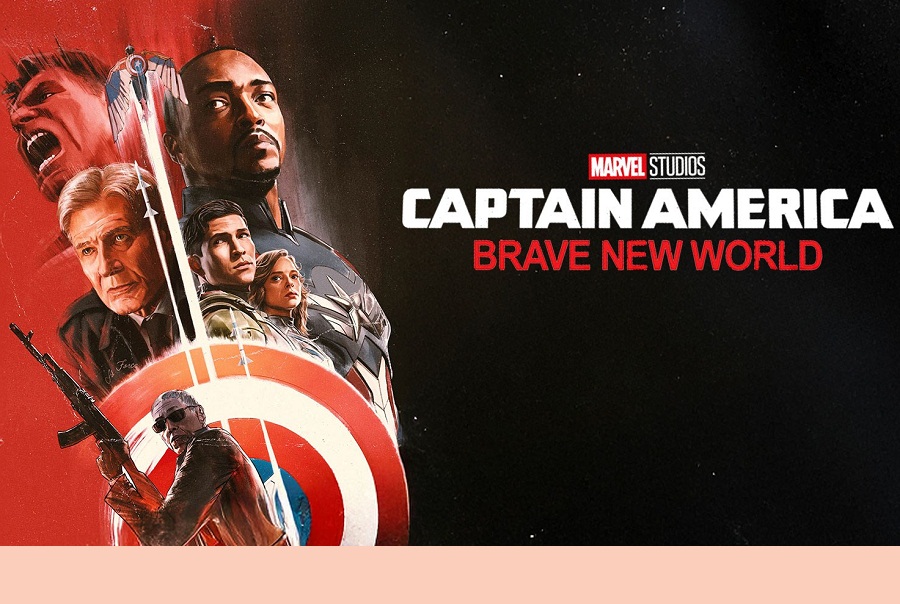Marvel's phase five gets little success with the fourth Captain America film

Published :
Updated :

Marvel Studios has a perennial impact on pop culture and has been releasing blockbuster films one after another for over a decade. But the golden days have passed, and the tropes rarely incite intrigue.
Phase five has seldom seen critical success this year, except maybe Guardians of the Galaxy Vol. 3. The plots feel more like contractual obligations than inspired storytelling.
With Captain America: Brave New World, Marvel attempts to revive interest in its flagship franchise by passing the shield to Anthony Mackie's Sam Wilson.
Yet, the film fails to escape Phase Five's losing streak; unlike its TV predecessor, The Falcon and the Winter Soldier, which explored themes of racial identity, institutional mistrust, and the burden of legacy, Brave New World struggles and is caught between action and weak political commentary.
This film aims to bridge the ideological gaps left by The Falcon and the Winter Soldier. Sam Wilson is now officially Captain America and must navigate the scepticism surrounding his position.
The film begins with Wilson attending a diplomatic summit hosted by President Thaddeus Ross (Harrison Ford), where the discovery of adamantium on Celestial Island triggers international tensions.
An assassination attempt at the summit shatters this hope, leading Wilson and his allies to uncover the mastermind behind the attack.
Despite the locked-in espionage and action scenes, the film lacks meaningful engagement with political themes.
The character of Isaiah Bradley, a forgotten super soldier and a victim of government experiments, is reduced to a plot device rather than a symbol of institutional betrayal.
The film portrays the American government as flawed yet trying to maintain that even flaws exist for a noble cause. Even Ross, steeped in authoritarian tendencies, is reluctantly given a redemption arc. The film aims to be a political thriller but lacks the courage to go all out for it.
Brave New World deserves some applause for director Julius Onah's mastery of action sequences and Giancarlo Esposito's classic villainous performance as Sidewinder.
One of the film's action sequences in Mexico between Wilson and the Serpent Society's Sidewinder is reminiscent of Steve Rogers fighting Crossbones in Captain America: Civil War.
The film fails to portray Wilson as a compelling protagonist. Wilson's arc feels stagnant, unlike Steve Rogers, whose moral compass was his strength and struggle.
He remains strictly loyal to a system that has repeatedly failed him, a choice that is never questioned. By the time of the climactic showdown, complete with the expected CGI-heavy actions, the audience might ponder, what is the actual goal of this film?
The credits roll, and the obligatory post-credits scene teases another impending crisis, another good 'ol MCU trope. Thus, the question is, can MCU evolve from their almost half a decade-old formula? Captain America: Brave New World is neither a complete failure nor a great success. It's a film caught between two worlds, one where superheroes stand for something and another where they merely exist to fill an annual resolution of MCU releases. If Marvel truly hopes to reclaim its former glory, it must decide which world it wants to build.


 For all latest news, follow The Financial Express Google News channel.
For all latest news, follow The Financial Express Google News channel.